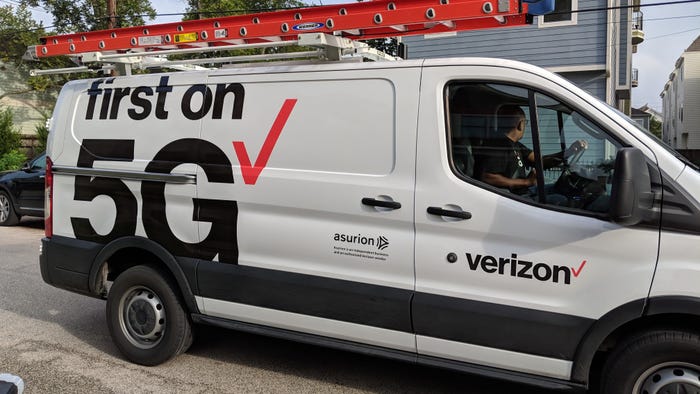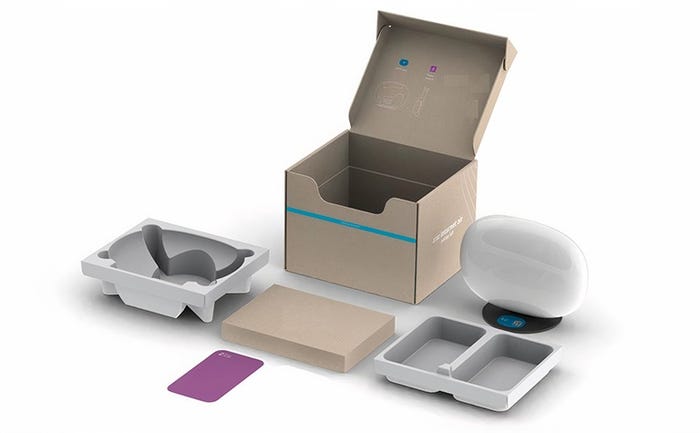News
Map of India with a magnifying glass placed on top of it.jpeg?width=700&auto=webp&quality=80&disable=upscale)
5G.jpeg?width=700&auto=webp&quality=80&disable=upscale)
Why 5G is failing to gain momentum in IndiaWhy 5G is failing to gain momentum in India
Indian telcos might have succeeded in deploying 5G in record time, but they continue to struggle to monetize it.
Subscribe and receive the latest news from the industry.
Join 62,000+ members. Yes it's completely free.











































.jpeg?width=300&auto=webp&quality=80&disable=upscale)








